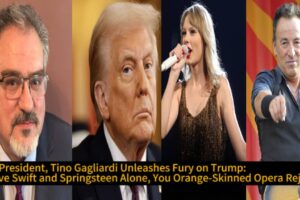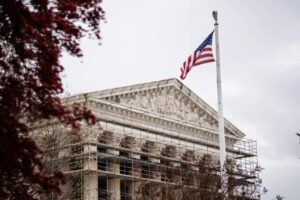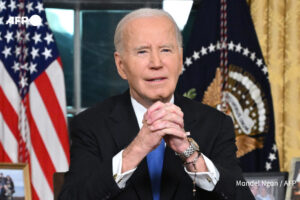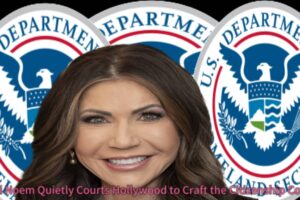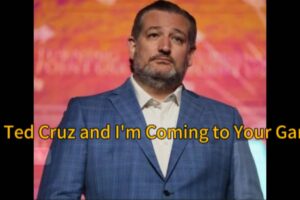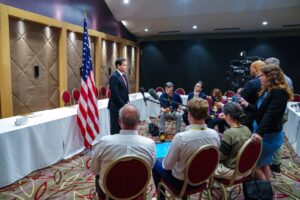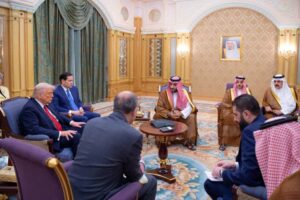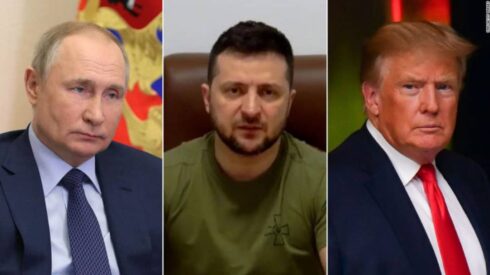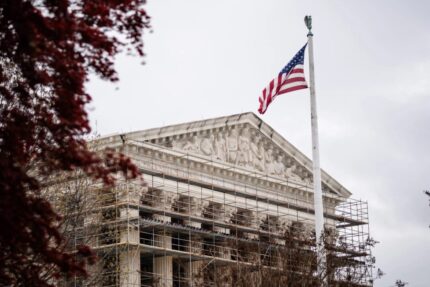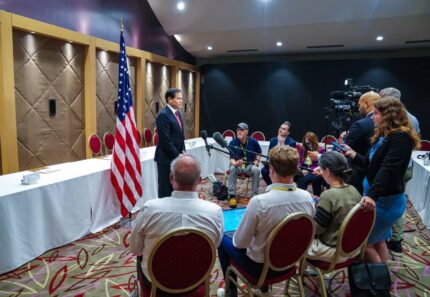A high-level U.S. delegation is set to visit Russia in a renewed push to negotiate a ceasefire in Ukraine, following Kyiv’s agreement to a 30-day truce. President Donald Trump confirmed the diplomatic effort during a press conference at the White House, where he revealed that “positive messages” had been received from Russia regarding the ceasefire proposal. However, he cautioned that such messages do not guarantee a breakthrough.
While the exact composition of the U.S. delegation remains unclear, White House Press Secretary Karoline Leavitt confirmed that National Security Secretary Mike Waltz has already engaged with his Russian counterpart. Additionally, sources suggest that Middle East envoy Steve Witkoff is among the officials traveling to Moscow to push for a diplomatic resolution. The White House has urged Russia to sign onto the proposed deal, with Leavitt stating, “This is the closest we have been to peace in this war.”
Ceasefire Deal in the Balance as Russia Reviews Proposal
Following the meeting in Jeddah, where U.S. and Ukrainian officials brokered a ceasefire plan, the Kremlin has stated that it is carefully reviewing the agreement before making a final decision. Russian spokesperson Dmitry Peskov acknowledged that discussions are ongoing “via various channels” and hinted that a phone conversation between Trump and Putin could take place in the coming days.
Trump, speaking alongside Irish Prime Minister Micheál Martin, indicated that the ceasefire deal makes strategic sense for Russia. He hinted at financial measures that could be used to pressure Moscow, warning that “there’s a lot of downside to Russia” should they reject the truce. Despite this, Trump stressed that his primary goal remains peace, saying, “I don’t want to do that because I want to get peace.”
Putin’s Visit to Kursk Signals Continued Military Push
As ceasefire negotiations continue, Russian President Vladimir Putin made a high-profile visit to the Kursk region, parts of which have been under Ukrainian control since last year’s cross-border incursions. Russian state television aired footage of Putin meeting with military commanders, where they briefed him on recent advances in the region. According to Russian officials, their forces have recaptured 86% of the contested territory.
During his visit, Putin reiterated his commitment to reclaiming all occupied Russian land, telling troops that the area must be “fully liberated.” His visit comes amid ongoing battles in and around Kursk, as Ukrainian forces reportedly began limited withdrawals from certain positions. Ukrainian military chief Oleksandr Syrsky confirmed that troop movements were being made to “preserve the lives of soldiers” in what he described as a “difficult situation.”
Renewed Fighting Casts Doubt on Ceasefire Prospects
Despite diplomatic efforts, violence in Ukraine has not abated. Russian missile and drone strikes targeted multiple Ukrainian cities overnight, including President Volodymyr Zelensky’s hometown of Kryvyy Rih, as well as Odesa, Dnipropetrovsk, and Kharkiv. Ukrainian officials report that several civilians were killed in the attacks, further complicating ceasefire negotiations.
In response, Ukrainian forces have continued defensive operations, particularly in the eastern regions and along the Russian border. While Kyiv has publicly agreed to the 30-day ceasefire, some military officials privately express concerns that Russia could use the pause to regroup and launch new offensives. Ukrainian President Zelensky acknowledged these fears but maintained that the U.S.-brokered deal remains “a positive step towards ending the war.”
Uncertain Path to Peace as Global Pressure Mounts
The coming days are expected to be crucial as Washington intensifies efforts to persuade Moscow to accept the ceasefire deal. Trump’s administration is navigating a delicate balance—pressuring Russia while ensuring Ukraine remains committed to the agreement. The meeting in Jeddah was the first successful diplomatic engagement since a heated February summit between Trump, Zelensky, and Vice President JD Vance, which resulted in a temporary halt in U.S. military aid.
With fighting continuing on the ground and diplomatic talks at a sensitive stage, global attention remains fixed on Moscow. If Russi agrees to the truce, it could mark a turning point in the war. However, given the deep-seated mistrust between both sides, securing a lasting peace remains a daunting challenge


